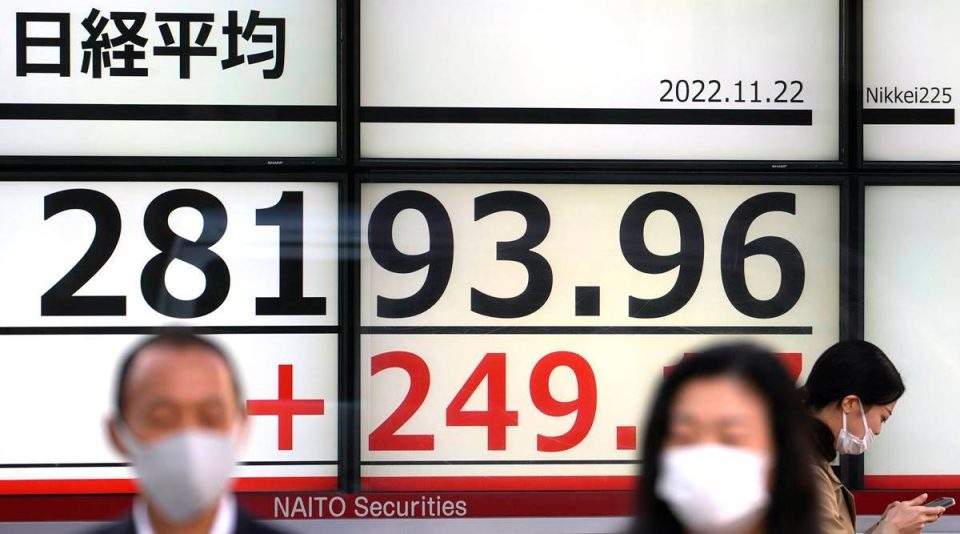Almost all Asian stock markets were trading higher on Monday over the crisis averting US debt ceiling deal, with Japan’s Indexes reaching 33-year peaks. At the same time, smaller wage gains stoked hopes inflationary pressures are weakening.
Japan’s Nikkei 225 performed the best among its global peers, rising by 2.2%, and the broader TOPIX rose 1.7% amid optimism over economic resilience in the country and a dovish Bank of Japan.
India’s Nifty 50 and BSE Sensex 30 indexes rose 0.49% and 0.56%, respectively, with the RBI widely expected to hold rates steady this week, given that inflation has cooled in recent months.
Shanghai, Hong Kong and Seoul also rose. The Shanghai Composite Index added less than 0.1% to reach 3,232.44, while The Hang Seng in Hong Kong gained 0.84% to 19,108.50. The Kospi in Seoul was 0.54% higher.
The S&P ASX 200 in Sydney jumped 1%, focusing on a Reserve Bank meeting on Tuesday with a slim possibility for a 25 basis point hike.
Singapore gained while Jakarta declined. Markets in New Zealand and Thailand were closed for the holidays.
On Monday, most Asian currencies declined while the dollar traded at two-month highs despite a lack of certainty regarding the Federal Reserve’s decision to raise interest rates in June. At this point, attention is shifting to this week’s central bank meetings in Australia and India. The Australian dollar lost 0.3% while the Indian rupee remained unchanged.
Following the People’s Bank’s weak daily midpoint fix, the Chinese yuan declined 0.2%, hitting a six-month low once more. Weakening demand for safe haven assets sent the Japanese yen back to the 140 level to the dollar following the passage of a plan to raise the US debt ceiling.
Benchmark US crude increased $1.06 to $72.80 a barrel on the energy markets. Prices increased after Saudi Arabia announced it would cut how much oil it produces unilaterally on Sunday.






